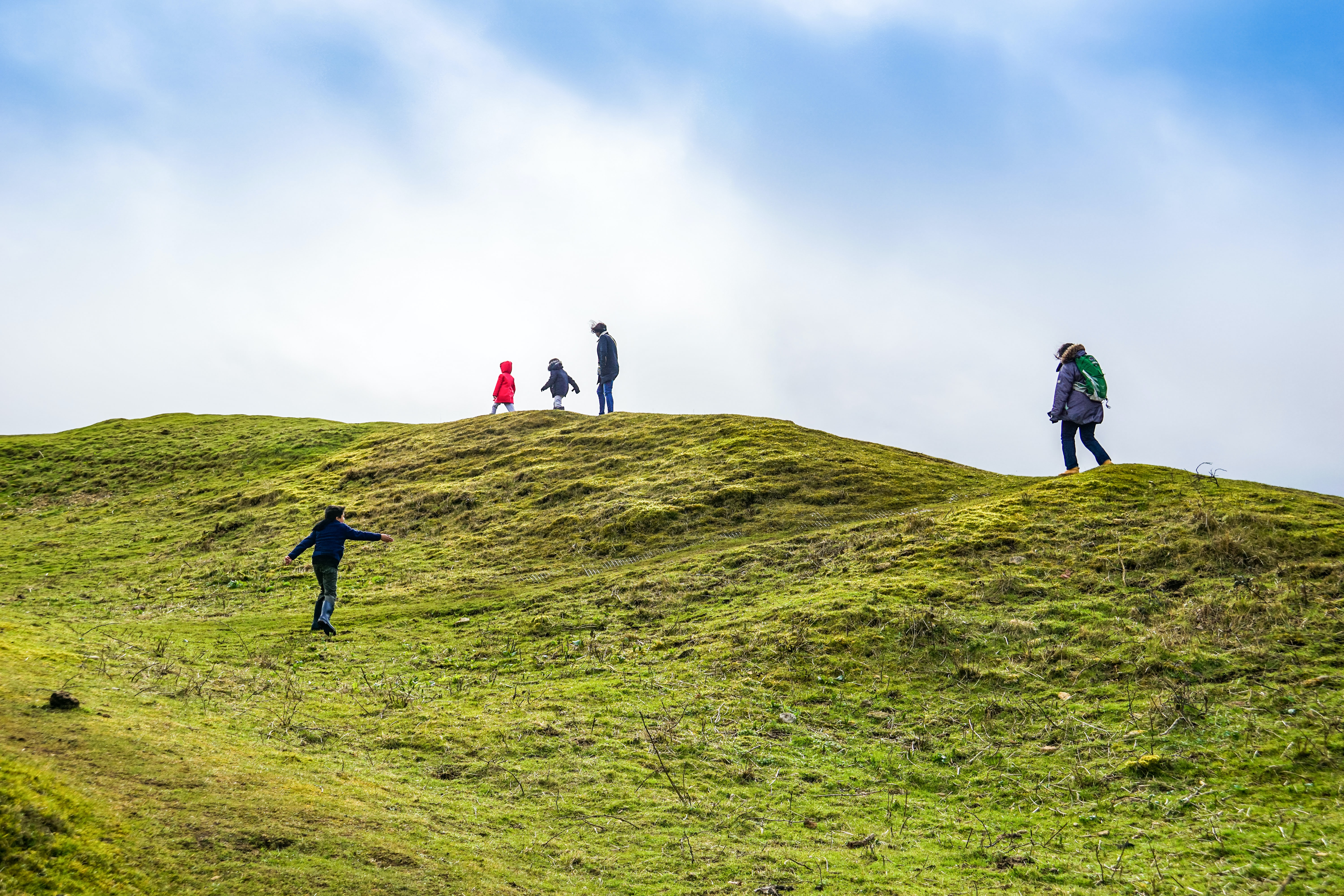
“I have believed the best of every man. And find that to believe is enough to make a bad man show him at his best, or even a good man swings his lantern higher.”- William Butler Yeats
This year to celebrate the Judaic-Celtic connection, instead of drinking green milkshakes and Irish whiskey, my love and I watched The Secret of Kels and listened to Krista Tippett’s On Being podcast with Pádraig Ó Tuama.
Mr. Ó Tuama is a poetic theological social healer. He is the leader of Corrymeela, Northern Ireland’s oldest peace and reconciliation organization. It is a refuge for people around the world. It is a space for people to share cups of tea and listen to one another while learning how to ask themselves the right questions.
When Corrymeela was founded in 1965, they were told the name meant “hill of harmony.” It was 10 years before someone pointed out the Irish word roughly means, “a place of lumpy crossings.” Once we are able to stay centered in an uncomfortable interaction, harmony will arise. Corrymeela is a role model we could really benefit from in America right now.
Mr. Ó Tuama illustrated how two groups, seemingly at odds, sat for two days within the heart of Corrymeela before this kind of breakthrough occurred. A man that considered himself a “fundamentalist” Christian asked those he referred to in the room as “homosexuals” if his words had bruised them. He was told they had.
“Are you telling me that it’s painful for you to be around me?” the man asked.
He was told that it was.
Mr. Ó Tuama noted that this man “chaplained himself”. That is, he was the one that brought himself to ask that question and was transformed by the answer. No one else could have pointed this out, it was something he had to come to on his own.
This same “fundamentalist” mentioned that he loved a political show on the BBC. Mr. Ó Tuama told him “My partner produces that.” That opened up amazement, curiosity and the capacity to ask the question mentioned above.
This exchange changed not only the “fundamentalist” but Mr. Ó Tuama who said he wanted to see the ways “in which I’m the perpetrator of real hostility and lack of understanding and lazy thinking. I want to be someone like him, who says, ‘Tell me what it’s like to hear the way I talk because I need to be changed.’ ”
This podcast went along splendidly with the animated masterpiece, The Secret of Kels. The film is a mythical legend about the creation of the Book of Kels, a book that is the most prized treasure in Ireland. It is a Gospel whose illuminating illustrations were started in Scotland and finished in Ireland while the Vikings were ransacking villages for gold. The film suggests that the boy monk who becomes one of the book’s illustrators, is helped by a girl who is the spirit of the forest. The girl is the feminine. She is what would be considered pagan. She is the Goddess, she is the earth and life itself. Within in this tale, the boy of faith and the girl of nature are able to steal one of the eyes of the serpent of darkness. The eye is a crystal that allows the illustrator to see the miraculous in the ordinary.
This symbol suggested to me that when face our inherited fear and see through the eyes of our ‘enemy’, we can gain a perspective that brings light to the darkness of our hearts.
There was a art historian named Sister Wendy Beckett who talked about cultivating the “Gaze of Love”. That is, placing your love into your eyes and seeing the world that way.
At a time when we are in a place of lumpy crossings with one another, perhaps we can cultivate this “Gaze of Love” to see those whose political, religious, cultural, philosophical and orientation are different from our own. We might even be able to join in a conversation over a cup of coffee or a mug of tea.
“Are there human connection points where quietly you can say to people, ‘Can you help me understand this?’” And maybe then you’ll participate in this fantastic argument of being alive in such a dynamic way that it’s great fun or really enlivening. And you can have a really robust disagreement. And that is the opposite of being frightened of fear because you can create that.” — Pádraig Ó Tuama
We can help one another up the hill, even if we disagree.
Originally published at www.streamoflightblog.com on March 22, 2017.
Originally published at medium.com


